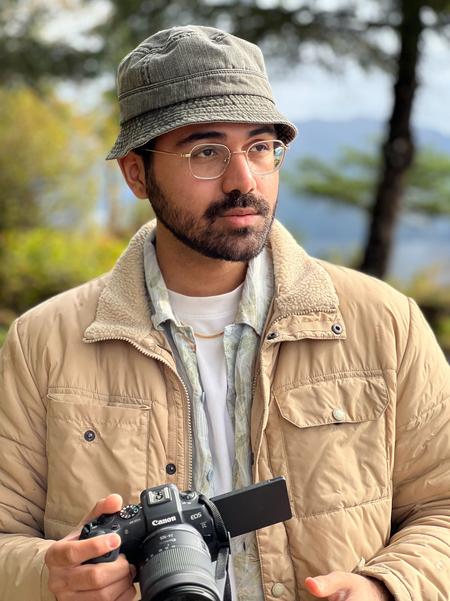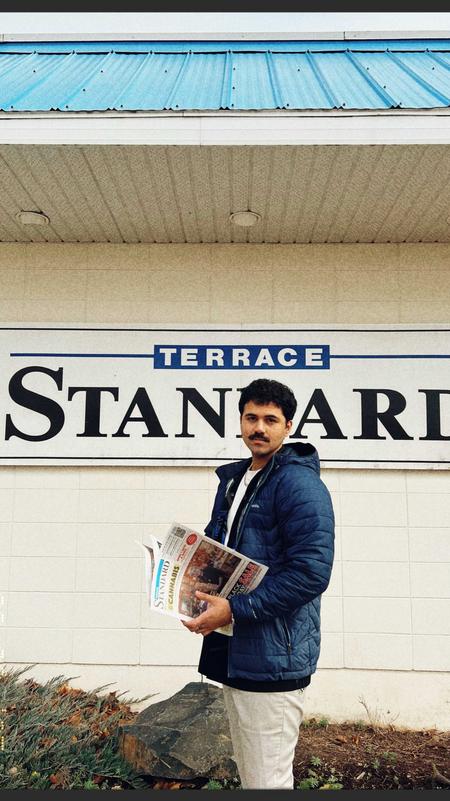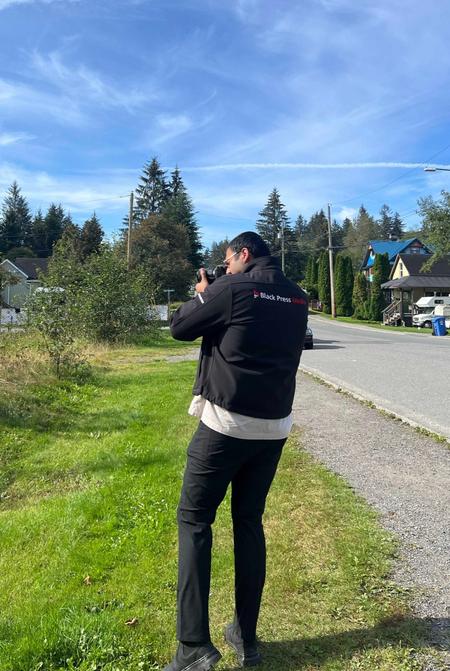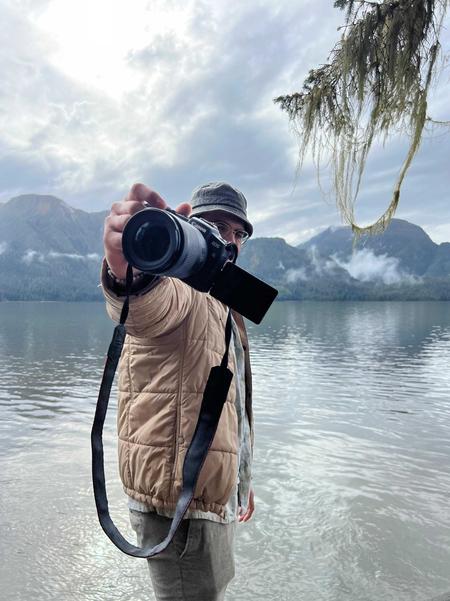Testimonials
"Lead-sheathed phone lines contaminate some Portland neighborhoods" for Street Roots
"The local response was immediate when we published the story in September. The story not only informed myself and our staff, but activated readers and social service providers to communicate with vulnerable populations about the high lead concentrations. We also heard from readers that it impacted how and where they spend time outdoors with their families. The university that discovered the source and concentration is continuing to research the lead in local neighborhoods. Mr. Bhathal’s coverage has already ignited local interest in addressing the lines, many of which are still present, and I expect impact will continue to mount in coming years. The story had such a resonance with readers that we’ve even referenced it in impact reports and allowed papers locally and in other markets to republish the story, which has national implications."
- K. Rambo, Editor-in-Chief of Street Roots
"Lead-sheathed phone lines contaminate some Portland neighborhoods" for Street Roots
"Mr. Bhathal and I worked together for three months on this story. His pursuit of bringing light to a major environmental injustice issue was tireless as he left no stone unturned in trying to bring justice to the people who live in those neighborhoods. I read his story when it was published, and I was struck by his holistic coverage of this complicated environmental issue which included voices of the impacted community, discussion of responsible parties, and identification of obstacles to removing lead-sheathed telecom cables. This story has contributed to the realization of societal impacts that scientific research alone could not. This includes raising public awareness of a previously invisible public health issue, inspiring community involvement in ongoing research, and sparking discussions between relevant government and nongovernment stakeholders. Communication I received from community members following the article’s publication speak to the impact of the piece."
- Alyssa Shiel, Associate Professor at Oregon State University



